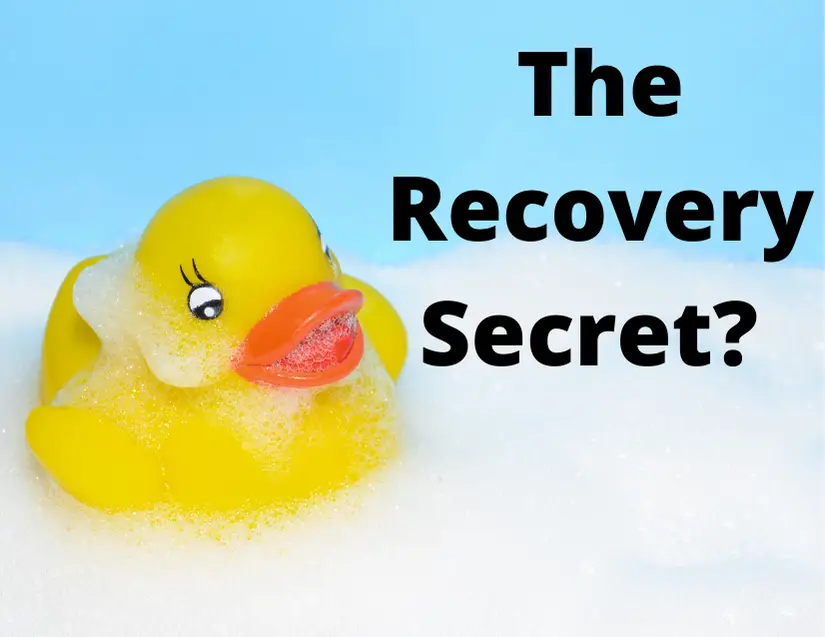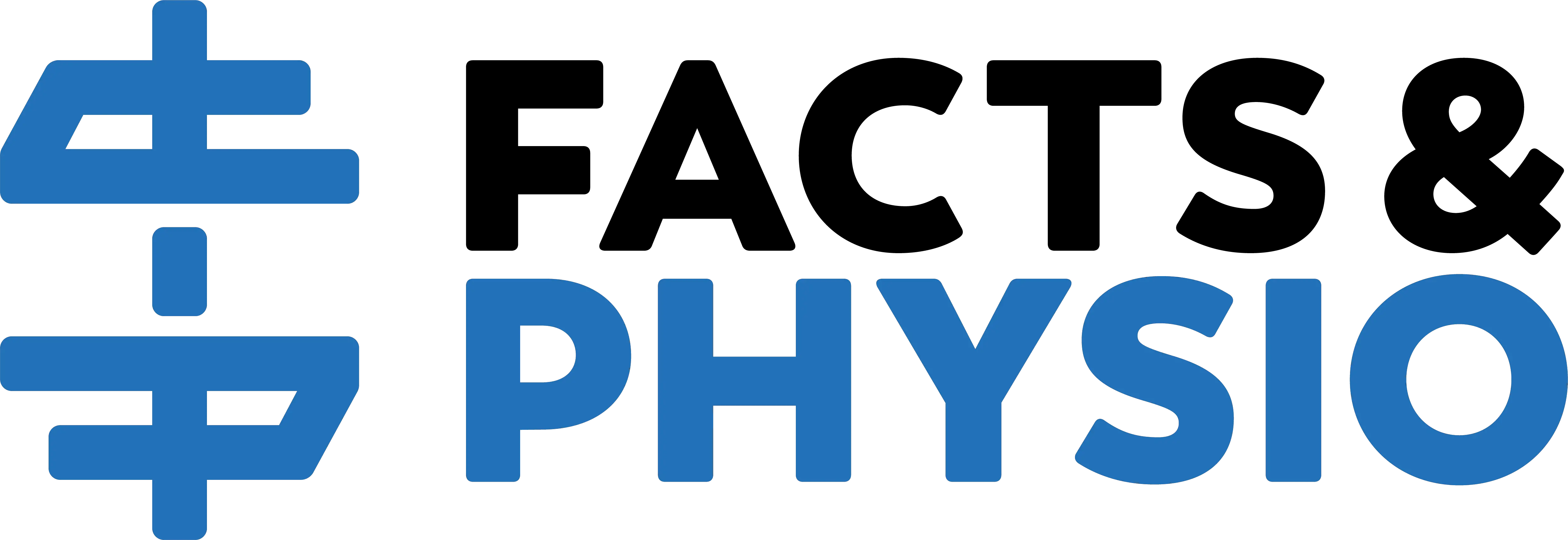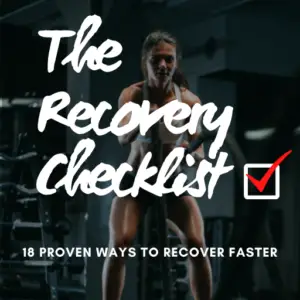Bathing for health benefits isn’t new. It’s been around since Ancient Greece! The question is, does it work?

This article covers 3 types of baths–ice baths, epsom salt baths, warm baths–and the healing properties of each (or lack thereof).
Let’s dive in!
Ice Baths
Ice baths are a paradox. They may reduce muscle soreness after hard exercise. That’s a positive.

However, ice baths hinder recovery and adaptation. That’s because cold water immersion arrests the body’s normal recovery process (Allan 2017). As a result, ice baths inhibit training adaptations (i.e. getting stronger or faster). Not so good.
To summarize: Ice baths after hard training lead to less soreness but a longer (or incomplete) recovery.
In application, athletes should reserve ice baths for intense multi-day events, like basketball tournaments, cycling events, and athletic meets.
Golf tournaments qualify as multi-day events. But they aren’t intense enough to warrant ice baths. Unless you’re hitting the ball like Bryson DeChambeau:
Epsom Salt Baths
Epsom salt baths are popular in the sports and fitness communities.
Proponents believe the magnesium from Epsom salt soaks through the skin. In theory, this reduces inflammation and eases sore muscles, knee pain, and back pain.

However, these claims are scientifically dubious and unproven by research. Experts don’t think magnesium can pass through the skin, much less produce the purported benefits.
Nonetheless, there’s little risk to soaking in Epsom salts. Placebo or not, Epsom salt baths may alleviate aches and pains.
Warm Baths
Prolonged warmth after exercise can reduce delayed-onset muscle soreness (Petrofsky 2017), though the evidence is thin.
So far, bathing isn’t looking like a panacea for anything. But don’t drain the bathtub quite yet.

Because warm baths confer 3 major benefits:
1. Relaxation
Taking a bath turns down the body’s “fight or flight” response, known as the sympathetic nervous system. The opposite system, the parasympathetic nervous system, takes over and allows the body to rest, digest, and recover.
2. Stress Relief
Life is stressful. Taking a bath washes away the day’s stresses. Lower stress levels literally make the body heal faster. Learn more about stress and recovery in this article: Does Stress Cause Pain?
3. Better Sleep
Taking a warm bath or shower 1-2 hours before bed is proven to make you fall asleep faster and sleep better (Haghayegh 2019).
For more ways to improve your sleep, check out these unpopular sleep tips and get more shut-eye.
How About You?
Is a quiet soak in the tub your idea of a good time? Or do you throw the Epsom salt out with the bath water?
Readers: Are baths part of your wellness routine? If not, do you plan to give them a try? Share your thoughts in the comments.
For more evidence-based insights you won’t find anywhere else, join the free, fast-growing Facts & Physio Newsletter. Plus, get The Recovery Checklist when you sign up.

